The modern football market no longer measures a player’s value solely based on goals and playing time. The price includes youth, versatility, commercial potential, predictability of progress, and market resonance. La Liga’s most expensive players have become strategic assets. Their value shapes clubs’ economics, influences sponsorship deals, and controls media attention. La Liga creates a showcase where the stars of Spanish football play not only on the pitch but also in the transfer table.
La Liga’s Most Expensive Players: Who and How Determines the Market Price
The cost of La Liga players is determined by several fundamental parameters. Top of the list are age, position, physical attributes, playing frequency, form stability, tactical flexibility, and impact on results. Media presence, commercial appeal, and marketing impact are also important.
Transfermarkt’s player valuations reflect an approximate market equilibrium, taking into account current transfers, contracts, and demand from top clubs. The list of the most expensive La Liga players includes only those who combine personal performance with potential for appreciation.
Leader of the attack: Vinicius Junior is the face of the new era at Real Madrid
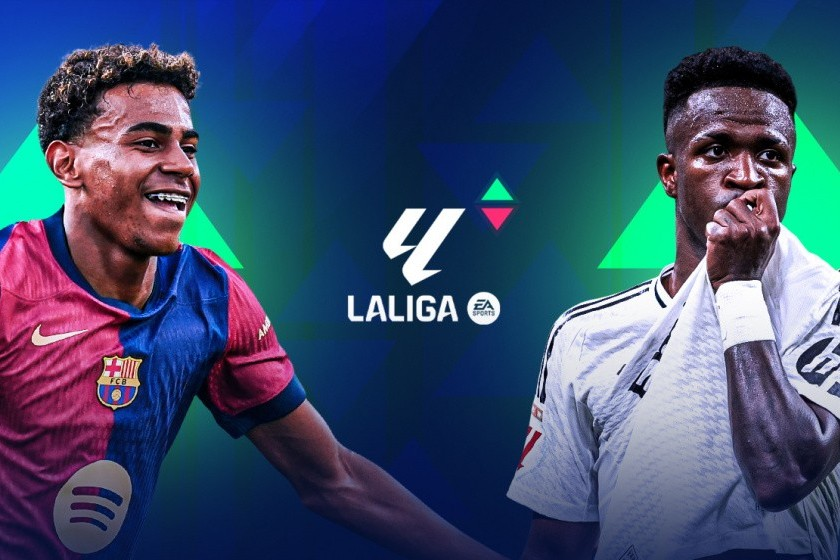
Speed, dribbling, pressure evasion, high intensity – these are the qualities that have secured Vinicius’ status as one of Europe’s best wingers. La Liga’s most expensive players rarely display such a high frequency of useful actions. In every game, Vinicius creates chances, breaks down defenses, and keeps possession at high speed. Age – 23. His contract with Real is long-term. The player has already secured a key position in the attacking system. The market sets his transfer value at the level of the highest category in La Liga.
Talent and maturity: Jude Bellingham as a universal development vector
A player who can play multiple roles simultaneously: eight, ten, false nine. Possesses strong stamina, tactical understanding, and aggressive selection. It’s rare that La Liga’s most expensive players already demonstrate such maturity at the age of 21. Bellingham not only strengthens the club’s game, but also its brand positioning. An English passport, consistent performances for the national team, and confidence in important matches all make him an asset with the potential to be capitalized on many times over.
Brazilian Line: Rodrigo and Rafinha as Key Attacking Keys
Rodrigo is an attacking all-rounder with a high level of execution. He often plays in tandem with Vinicius, complementing him with his quick decision-making and strong transitions into the center. With him, the club gained an asset with increasing value. La Liga’s most expensive players are setting a trend: betting on Brazilians remains relevant.
Rafinha demonstrates a vertical style at FC Barcelona. Dribbling, speed, left-footed shot, and tactical toughness. The price is in the upper range. The club’s Brazilian roots, consistent performance, and commitment to the attacking model strengthen his position in the rankings.
Tactical Intelligence: Pedri and His Role in the Center
La Liga’s most expensive players often come from a system where results aren’t the only criterion. Pedri has gained recognition for his ability to control the rhythm of the game. His movement without the ball, his positioning, his passing under pressure, and his ability to escape from marking are key elements of positional control. Age – 21. He has already established himself as a key player for Barcelona. His contract is permanent, the transfer fee is high, and his development level is continuously improving. Pedri shows why technique, intelligence, and the ability to adapt to high speeds are so important in Spanish football.
Versatility and Dynamism: Federico Valverde at the Center of Pressure
A player who can play both as a destroyer and a creator. He is characterized by his power, long-range speed, and a high workload. Federico fulfills complex roles: covering the flank, securing the defense, participating in the attack, and controlling the rebound. His versatility makes him an indispensable element in the club’s tactical structure. The market confirms his high value and stable demand.
The Future of Defense: Pau Kubarsi and the Breakthrough of Youth
At 17, he was in Barcelona’s starting lineup, confidently playing against top strikers and remaining calm even under pressure. Pau Kubarsi quickly rose to the elite. He is considered one of the most expensive players in La Liga as a player with maximum growth potential. He excels in passing accuracy, understanding the game, and reliability in one-on-one situations. He is developing physically. His costs increase with each game. The club sees him as a long-term solution for central defense.
Alvarez: A New Breath for Atlético
Julian Alvarez is adapting to a system that demands intensity, contact, and the ability to fight for every ball. His versatility and willingness to switch between positions allow him to be deployed in a variety of tactical schemes. His age and performance level give rise to a confident assessment of his value as an active, promising resource.
Mbappé and a Possible Transfer to Real Madrid
Kylian Mbappé hasn’t been officially announced as part of the club yet, but rumors of a move to Real Madrid are affecting the market throughout the tournament. La Liga’s most expensive players, including potential transfers, are already being valued in light of the Frenchman’s likely arrival. His age is optimal. The commercial impact is enormous. Mbappé’s arrival will change the hierarchy, increase the league’s appeal, and influence the overall balance of the Spanish transfer market.
Conclusion
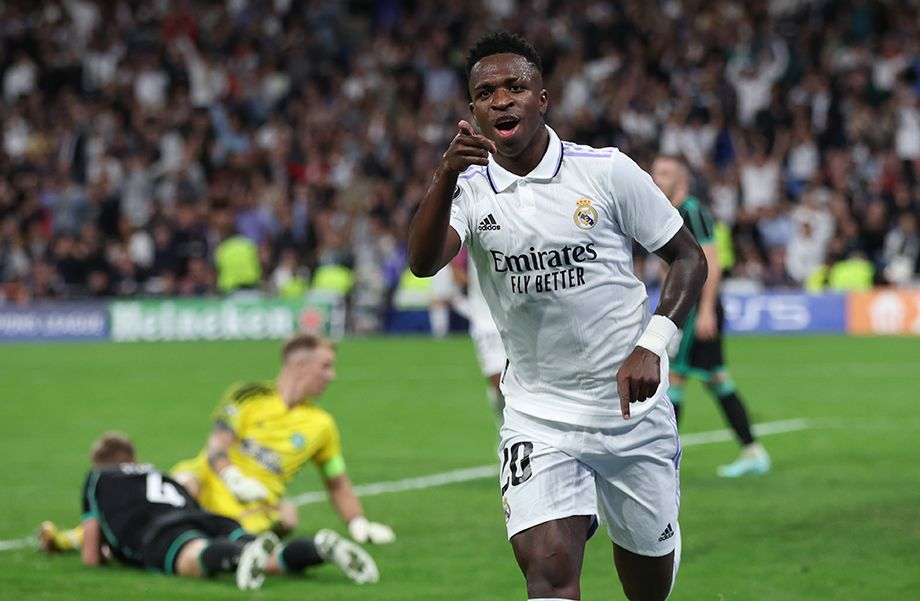 La Liga’s most expensive players shape the face of the league. Their value is the result of comprehensive analysis, but the impact on the game, transfers, and image is crucial. Clubs develop strategies around stars. Brands pay for a signing with their image. Fans come for the moments they create. Every transfer fee isn’t just about money. It’s about trust in the project, belief in the result, and a focus on development. For this reason, the market closely monitors every movement in La Liga’s player value chart. Because behind the numbers lies football’s most important resource: talent.
La Liga’s most expensive players shape the face of the league. Their value is the result of comprehensive analysis, but the impact on the game, transfers, and image is crucial. Clubs develop strategies around stars. Brands pay for a signing with their image. Fans come for the moments they create. Every transfer fee isn’t just about money. It’s about trust in the project, belief in the result, and a focus on development. For this reason, the market closely monitors every movement in La Liga’s player value chart. Because behind the numbers lies football’s most important resource: talent.



 The contenders for the 2025 Ballon d’Or represent a cross-section of the football elite and reflect not only statistics but also the extent of their influence on the season’s events. Each of them shaped the outcome not only through their individual numbers but also through their participation in key games, finals and decisive stages of championships. The analysis includes players from the Premier League, La Liga, Bundesliga and Ligue 1 whose performances confirm their status as favourites for the season’s highest individual award.
The contenders for the 2025 Ballon d’Or represent a cross-section of the football elite and reflect not only statistics but also the extent of their influence on the season’s events. Each of them shaped the outcome not only through their individual numbers but also through their participation in key games, finals and decisive stages of championships. The analysis includes players from the Premier League, La Liga, Bundesliga and Ligue 1 whose performances confirm their status as favourites for the season’s highest individual award. The contenders for the 2025 Ballon d’Or are determined not only by numbers but also by symbols. Bellingham is the face of the dominant Real Madrid, Mbappe is a brand of the new generation and Kane embodies stability. The main battle will take place between the players of Real Madrid and PSG. However, the Yamal effect or Kane’s performance could play a decisive role in the voting.
The contenders for the 2025 Ballon d’Or are determined not only by numbers but also by symbols. Bellingham is the face of the dominant Real Madrid, Mbappe is a brand of the new generation and Kane embodies stability. The main battle will take place between the players of Real Madrid and PSG. However, the Yamal effect or Kane’s performance could play a decisive role in the voting.
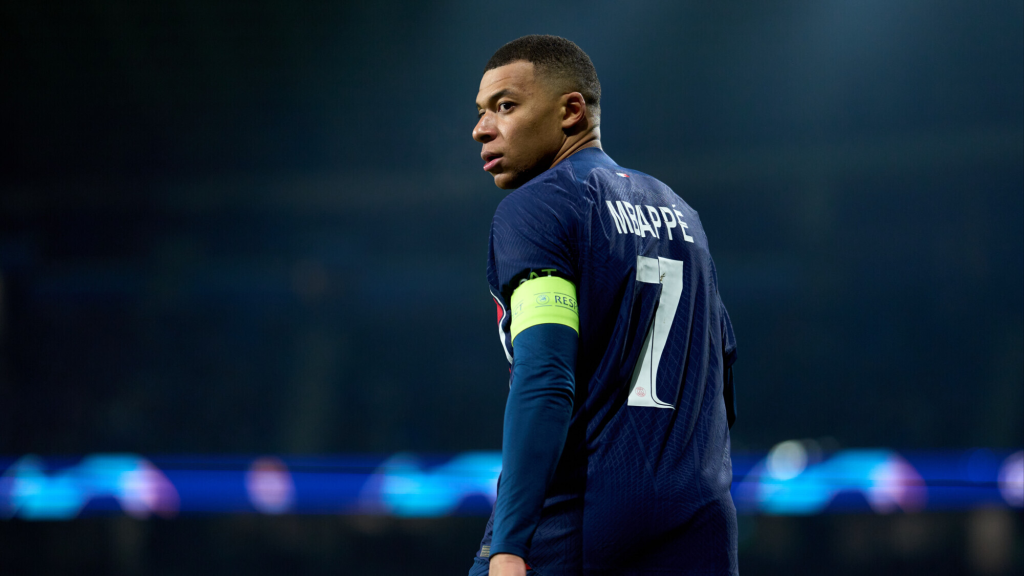 Kylian Mbappe’s biography includes a unique collection of trophies and personal awards. Since 2017, he has won:
Kylian Mbappe’s biography includes a unique collection of trophies and personal awards. Since 2017, he has won: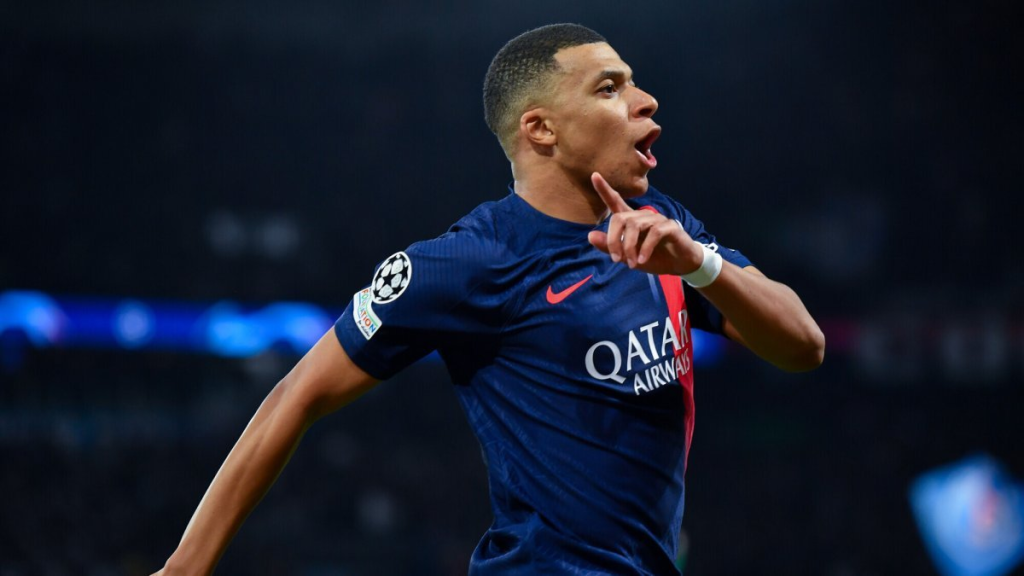 Kylian Mbappé’s biography is a rare example of how an athlete has changed not only the game, but an entire industry. Style, speed, consistency and ambition have redefined the parameters of football performance. The Bondy player has become the symbol of a new era in which the striker sets the pace of the tournament, shapes the team according to his wishes and creates a legacy not only after his career, but at its peak.
Kylian Mbappé’s biography is a rare example of how an athlete has changed not only the game, but an entire industry. Style, speed, consistency and ambition have redefined the parameters of football performance. The Bondy player has become the symbol of a new era in which the striker sets the pace of the tournament, shapes the team according to his wishes and creates a legacy not only after his career, but at its peak.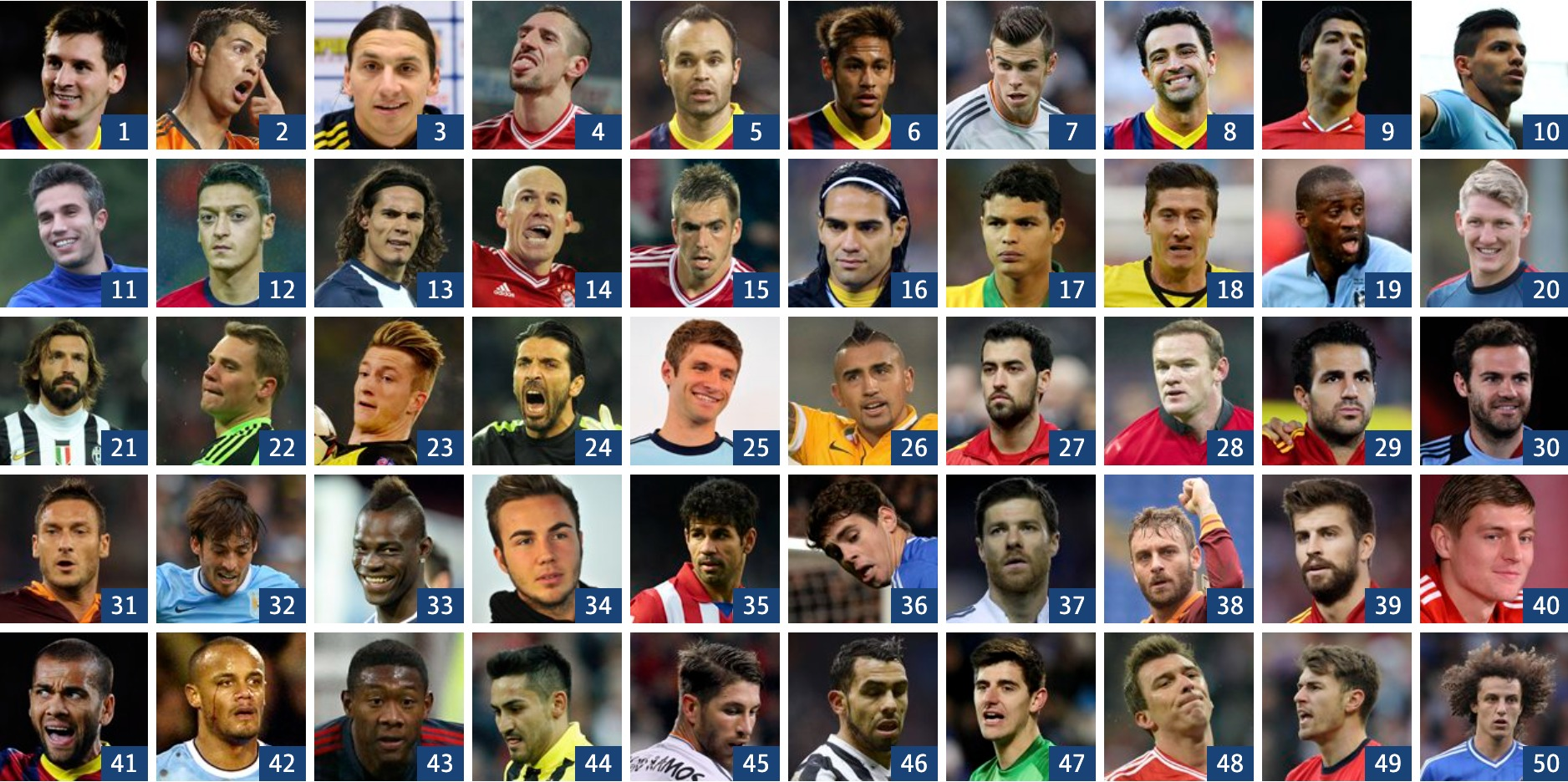
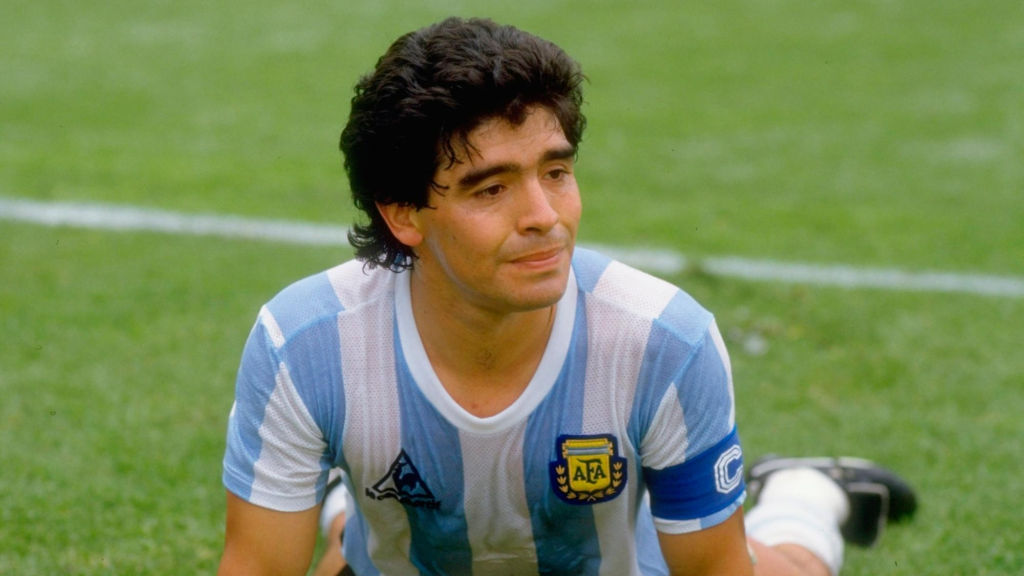 Position: attacking midfielder.
Position: attacking midfielder.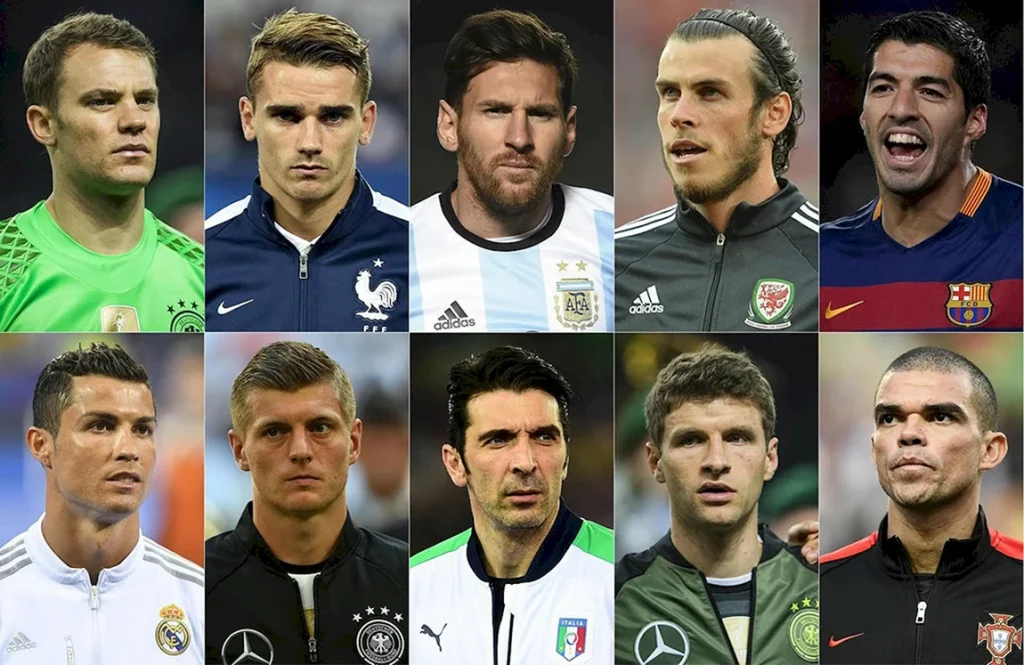 The best footballers of all time – an overview of great careers. Each of them is not just a player, but an entire era. What makes them special is not their statistics, but their influence. How they changed the game, the teams and the fans. Football will not remember all the goal scorers, but it will never forget those who turned the game into an art form.
The best footballers of all time – an overview of great careers. Each of them is not just a player, but an entire era. What makes them special is not their statistics, but their influence. How they changed the game, the teams and the fans. Football will not remember all the goal scorers, but it will never forget those who turned the game into an art form.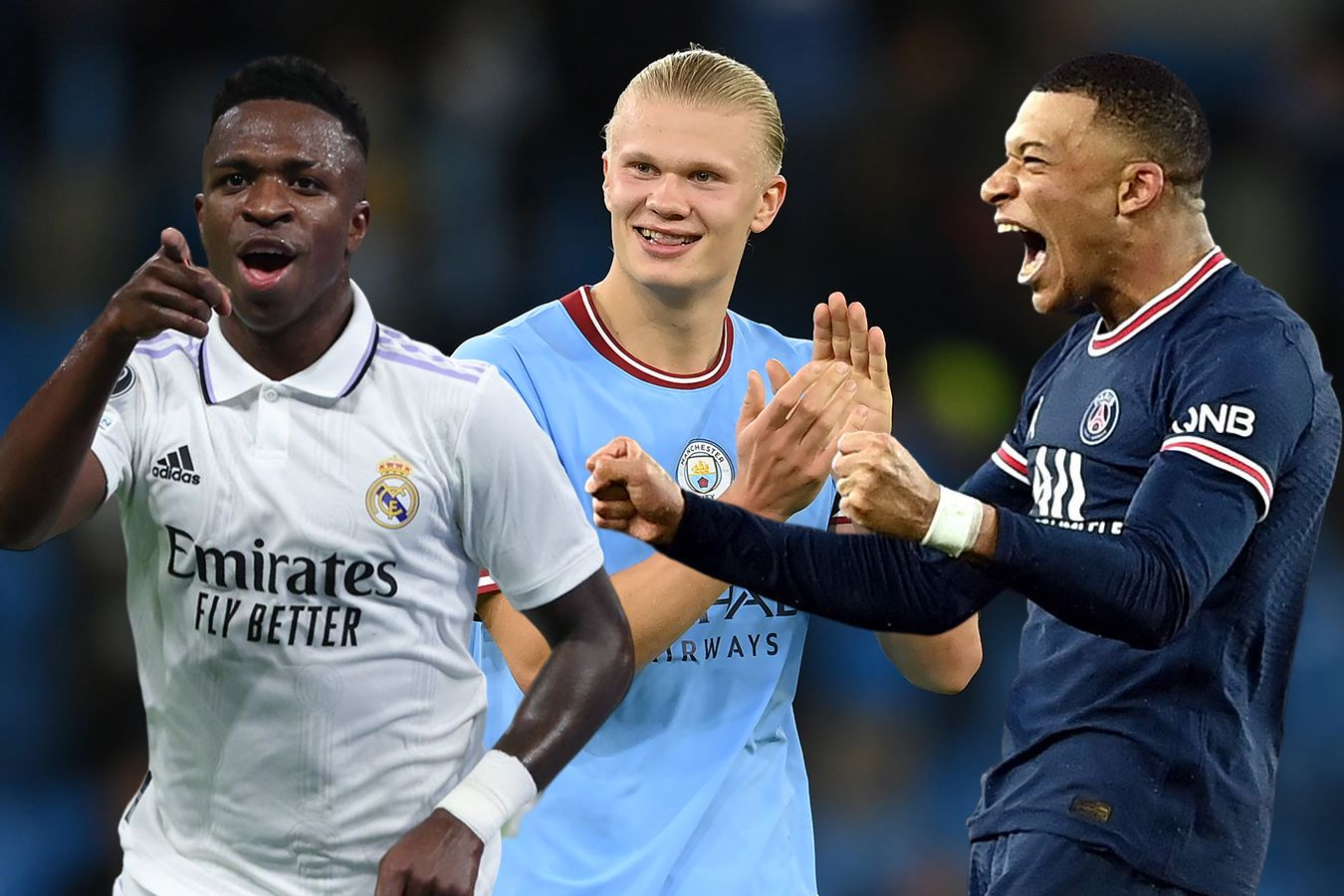
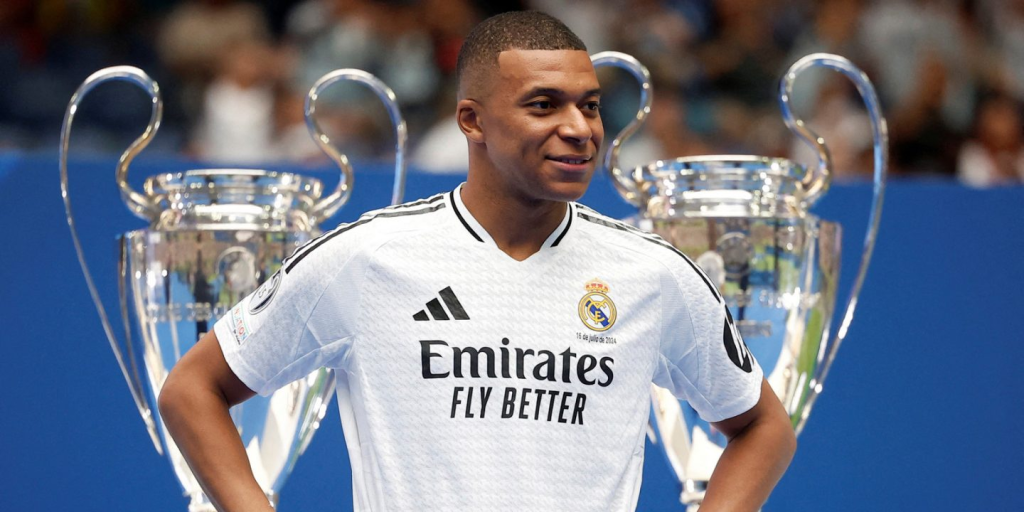 The football market in 2025 has produced a new wave of global stars. Players whose names shape the attacking style, transfer policy and media presence of clubs now determine their price not by their age, but by their influence.
The football market in 2025 has produced a new wave of global stars. Players whose names shape the attacking style, transfer policy and media presence of clubs now determine their price not by their age, but by their influence.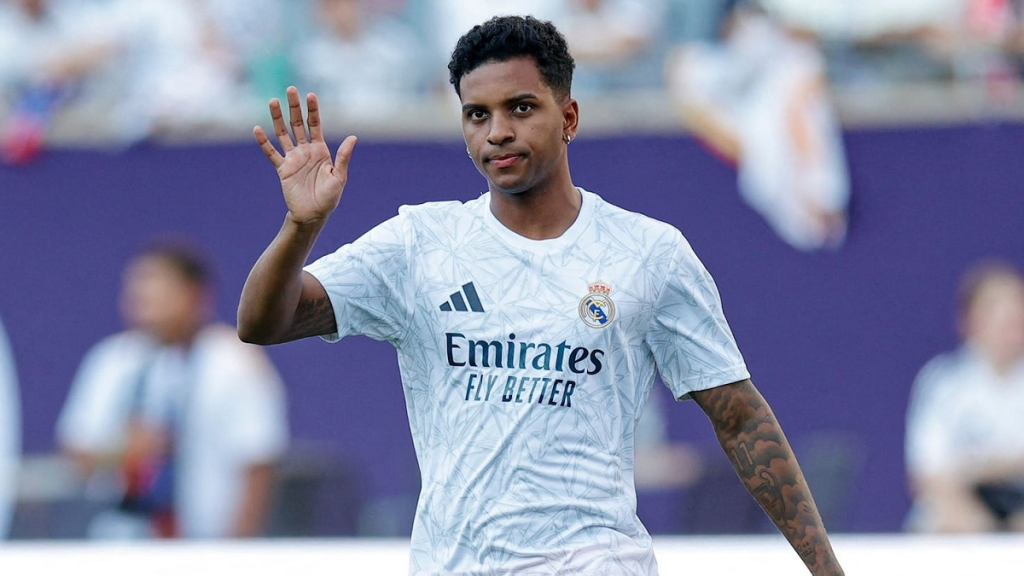 The most expensive football players in the world in 2025 will not be determined by emotions, but by algorithms. Age, versatility, tactical maturity, involvement in victories, marketing – all of these factors play a role. Position, efficiency, records and international reputation determine the final price. It is a brand, an asset, a tool for exerting pressure and achieving victories. The market has adapted to the new economy, and a transfer is no longer a purchase, but a declaration of intent.
The most expensive football players in the world in 2025 will not be determined by emotions, but by algorithms. Age, versatility, tactical maturity, involvement in victories, marketing – all of these factors play a role. Position, efficiency, records and international reputation determine the final price. It is a brand, an asset, a tool for exerting pressure and achieving victories. The market has adapted to the new economy, and a transfer is no longer a purchase, but a declaration of intent.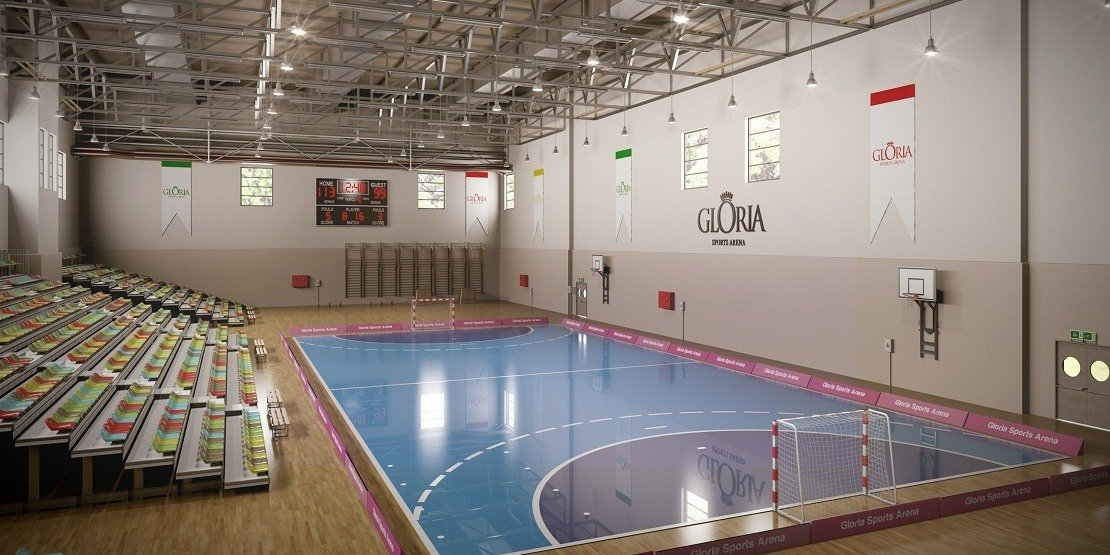
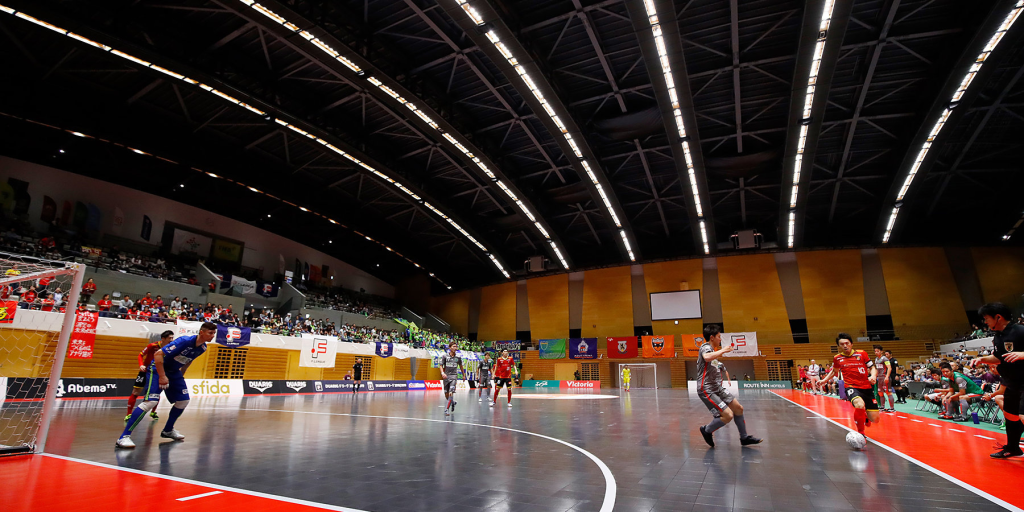 The answer to the question of what futsal is and how it differs from football involves a number of parameters. The most important of these is the size of the pitch. In futsal, it is no longer than 42 metres and no wider than 25 metres, which is almost half the size of a standard stadium. The number of players is another important point. In futsal, there are 5 players on the field, including the goalkeeper, as opposed to 11 in the classic game.
The answer to the question of what futsal is and how it differs from football involves a number of parameters. The most important of these is the size of the pitch. In futsal, it is no longer than 42 metres and no wider than 25 metres, which is almost half the size of a standard stadium. The number of players is another important point. In futsal, there are 5 players on the field, including the goalkeeper, as opposed to 11 in the classic game.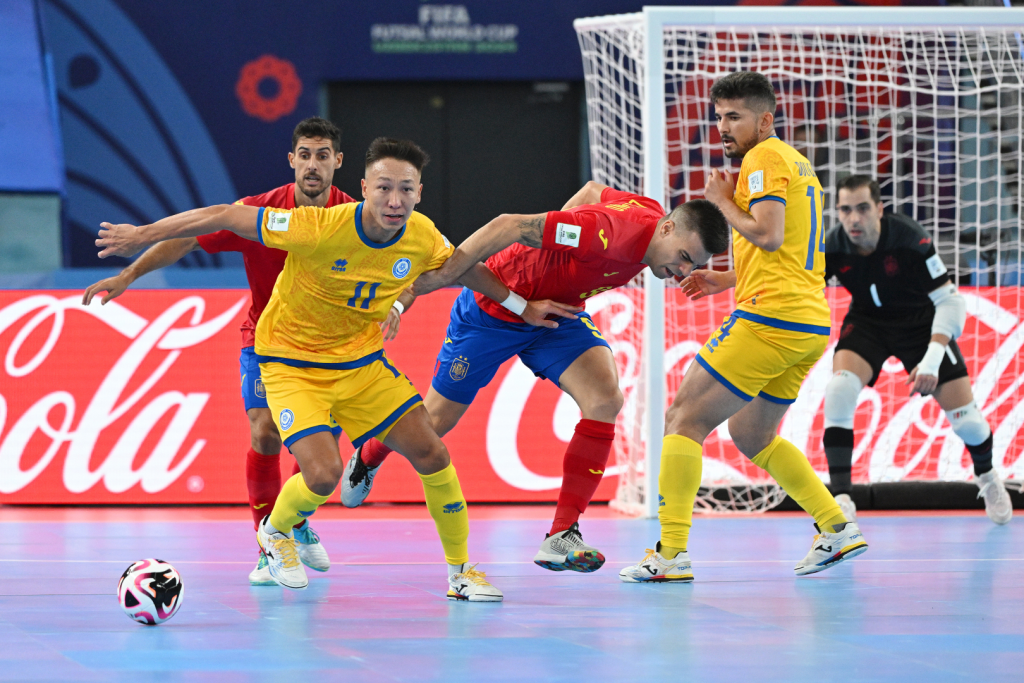 The new format has created a unique ecosystem that combines tactical depth, technical skill and physical exertion in one format. Understanding futsal means not only learning the rules, but also grasping the dynamics, feeling the rhythm and learning to act under conditions that require quick decisions.
The new format has created a unique ecosystem that combines tactical depth, technical skill and physical exertion in one format. Understanding futsal means not only learning the rules, but also grasping the dynamics, feeling the rhythm and learning to act under conditions that require quick decisions.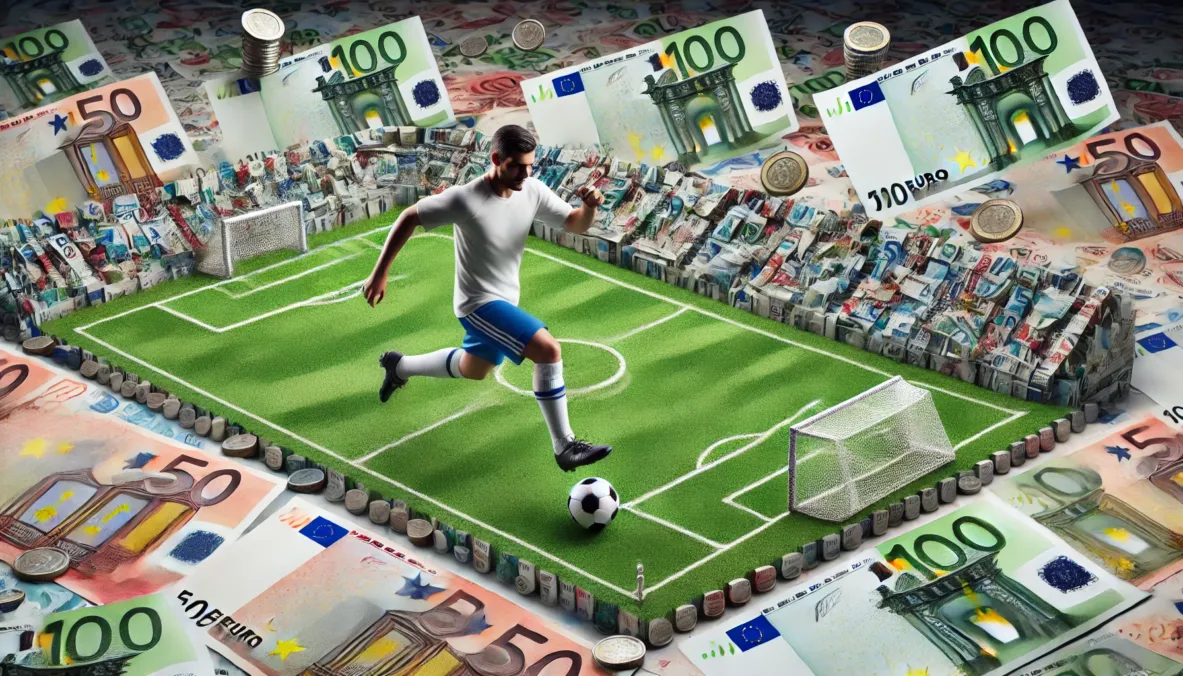
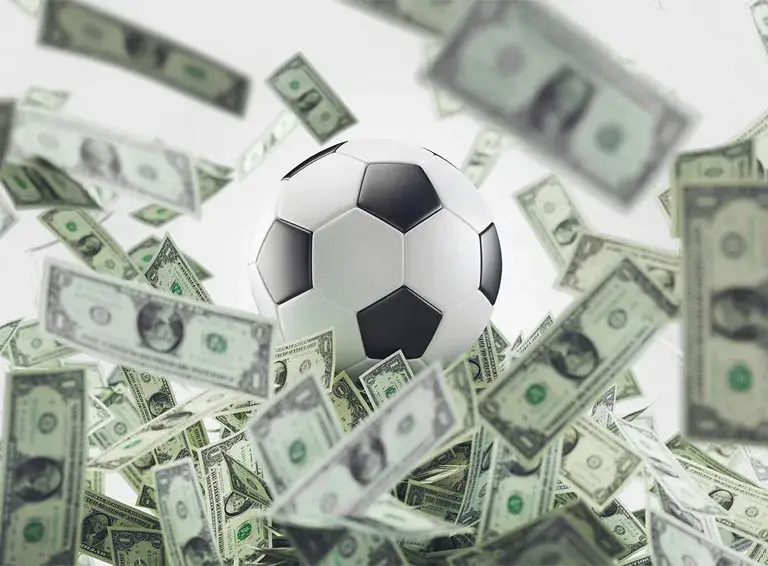 You can recognize a manipulated soccer match if you know what to look for. First, you need to monitor the behavior of the players on the field. If someone clearly misses important moments, makes odd passes, or avoids attacking moves, this could be a warning sign. A famous example is a match in which the goalkeeper made obvious errors, allowing the opponent to score multiple goals.
You can recognize a manipulated soccer match if you know what to look for. First, you need to monitor the behavior of the players on the field. If someone clearly misses important moments, makes odd passes, or avoids attacking moves, this could be a warning sign. A famous example is a match in which the goalkeeper made obvious errors, allowing the opponent to score multiple goals.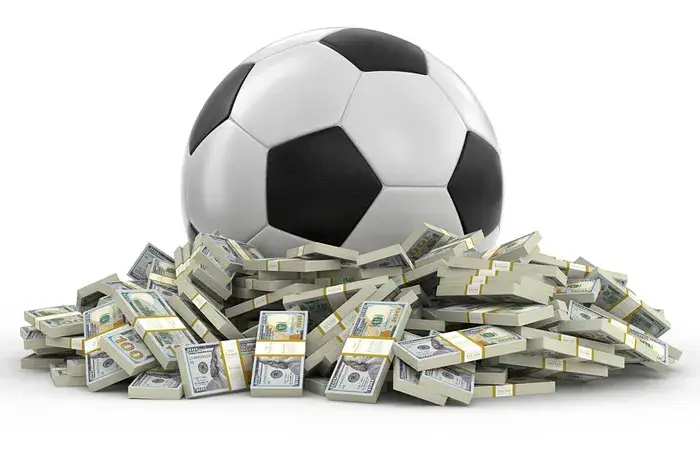 Match-fixing in football isn’t just a problem; it’s a challenge for the entire sports community. But a solution is possible. Greater transparency, tougher penalties, and the introduction of new technologies such as betting monitoring systems can help. It’s important that clubs themselves take an active role in combating this problem by implementing internal control programs and cooperating with law enforcement agencies.
Match-fixing in football isn’t just a problem; it’s a challenge for the entire sports community. But a solution is possible. Greater transparency, tougher penalties, and the introduction of new technologies such as betting monitoring systems can help. It’s important that clubs themselves take an active role in combating this problem by implementing internal control programs and cooperating with law enforcement agencies.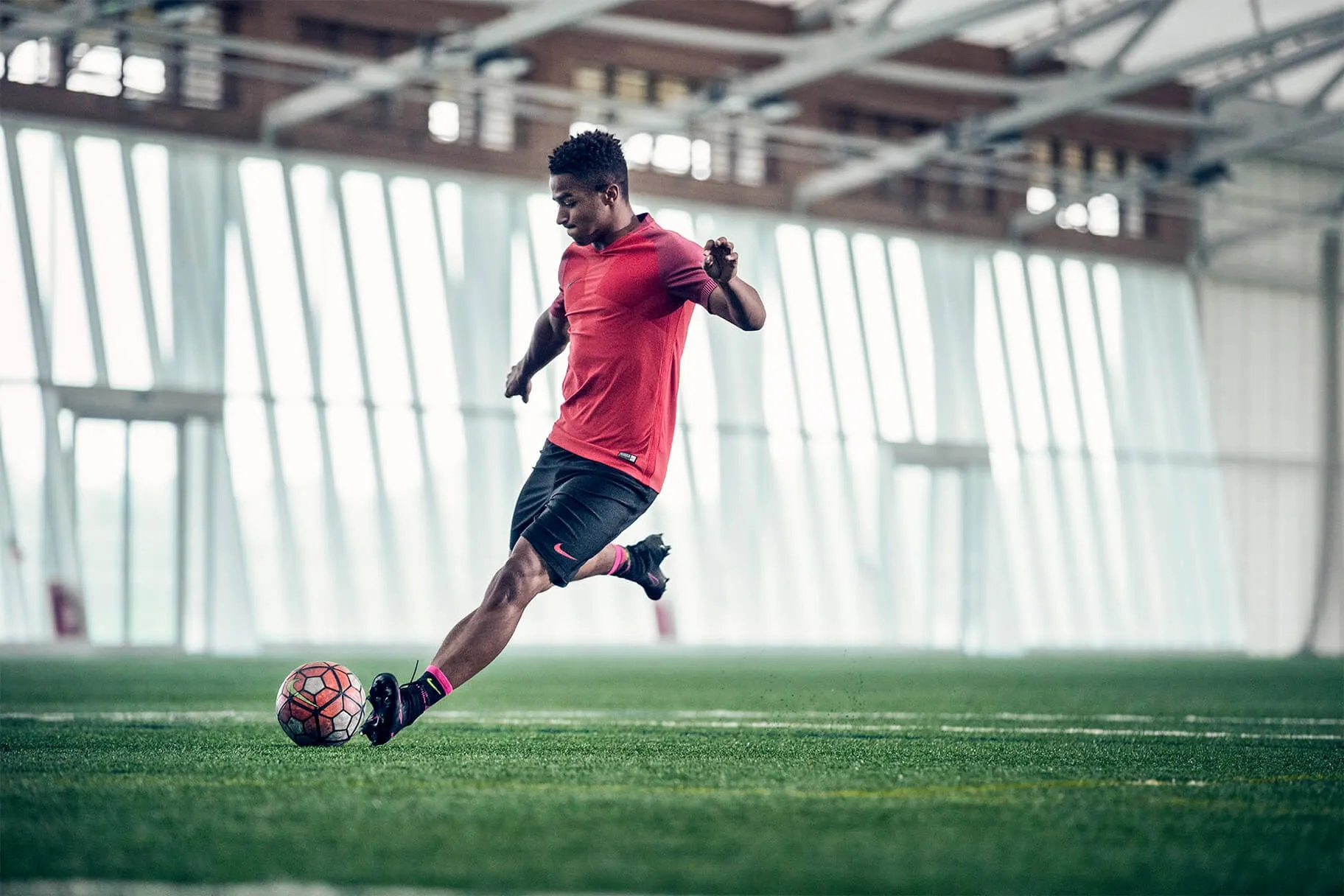
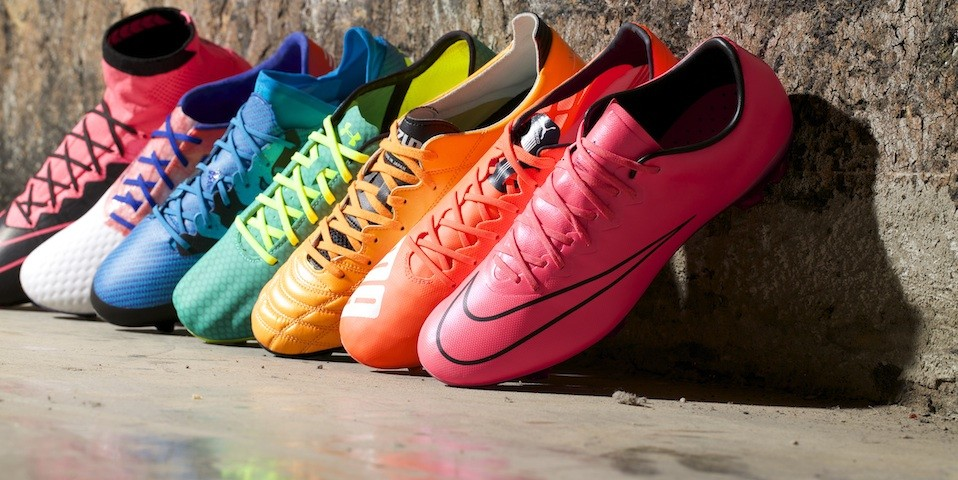 The anatomy of the foot determines the size, instep and fit requirements. Without an exact fit, it is impossible to know which shoes are safe and stable to play football in.
The anatomy of the foot determines the size, instep and fit requirements. Without an exact fit, it is impossible to know which shoes are safe and stable to play football in.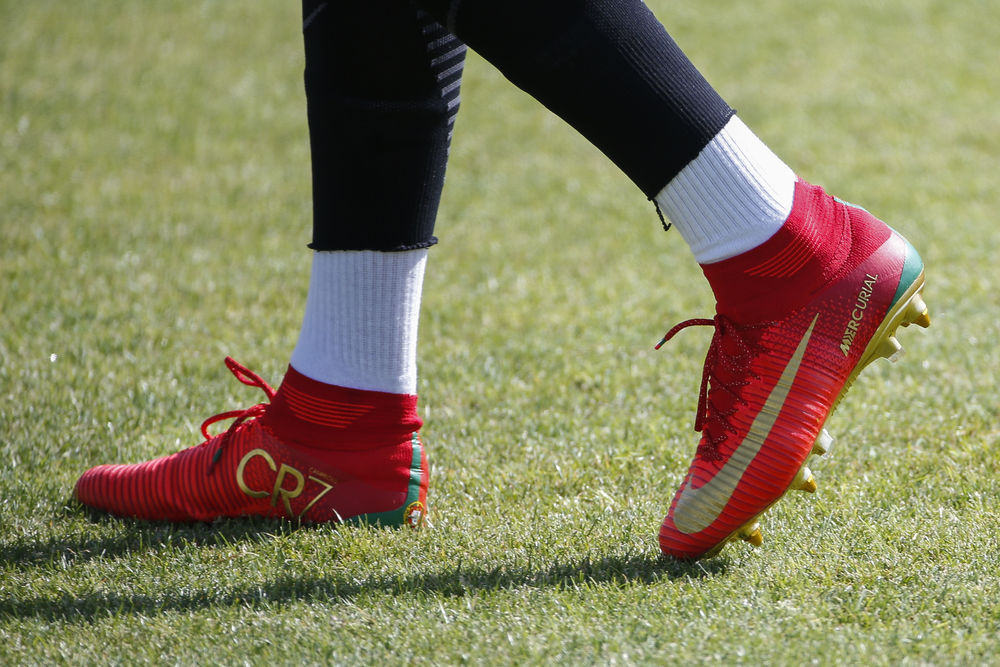 Your choice of equipment will determine how well you can participate in the game. Knowing what footwear to wear when playing football will help you avoid mistakes, stay healthy and maximise your potential. The right footwear creates a foundation for growth, confidence and results.
Your choice of equipment will determine how well you can participate in the game. Knowing what footwear to wear when playing football will help you avoid mistakes, stay healthy and maximise your potential. The right footwear creates a foundation for growth, confidence and results.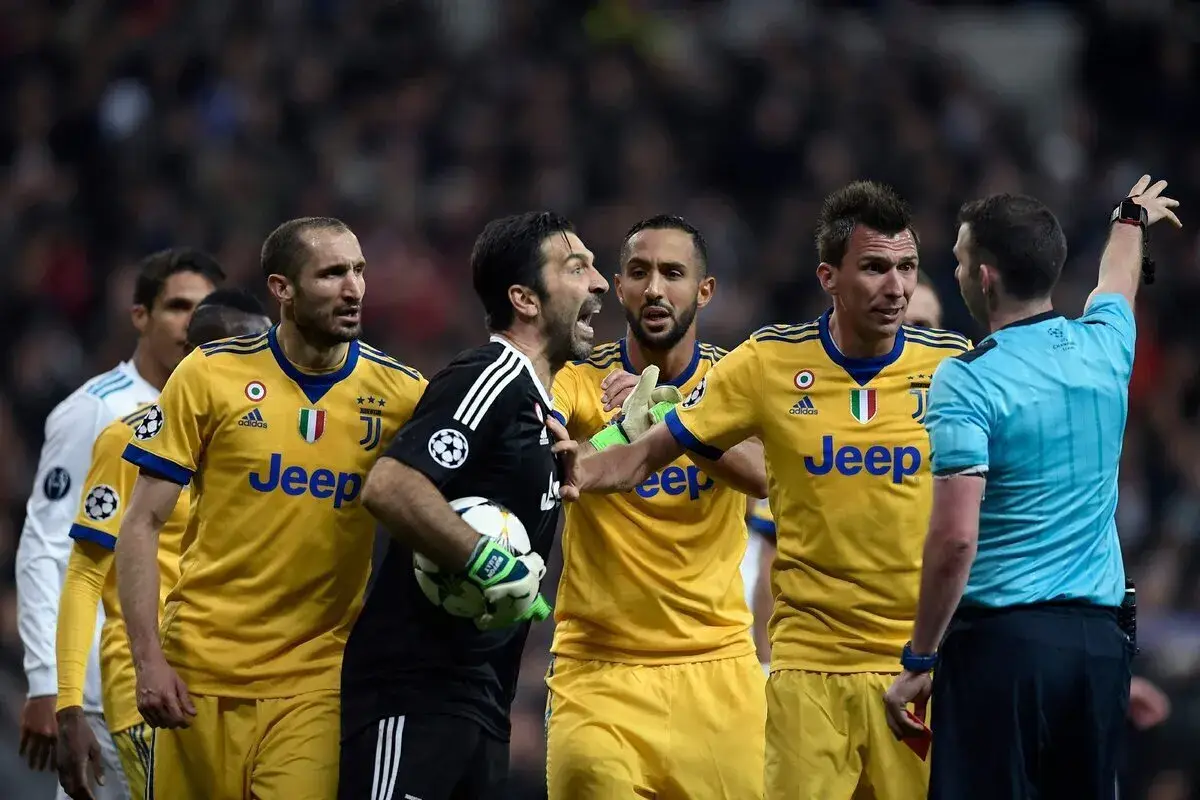
 The competition turned into a tragedy that forever changed the rules for organizing football tournaments. The 1985 Champions League final remains a dark chapter in sports history.
The competition turned into a tragedy that forever changed the rules for organizing football tournaments. The 1985 Champions League final remains a dark chapter in sports history.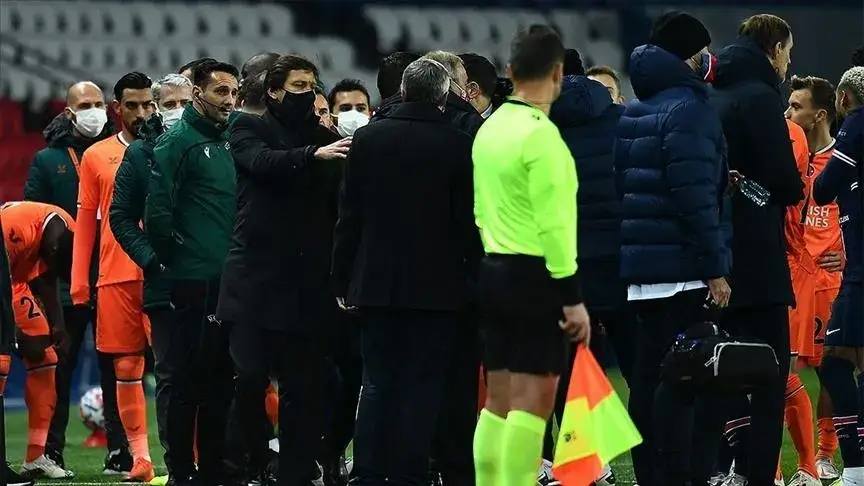 Each of the most controversial matches in football history is a reminder of the power of emotions, the impact of sport on society, and the importance of upholding the principles of fair play. At these events, not only the athletes but also millions of fans around the world learn to respect one another and value safety and solidarity, making football a true art.
Each of the most controversial matches in football history is a reminder of the power of emotions, the impact of sport on society, and the importance of upholding the principles of fair play. At these events, not only the athletes but also millions of fans around the world learn to respect one another and value safety and solidarity, making football a true art.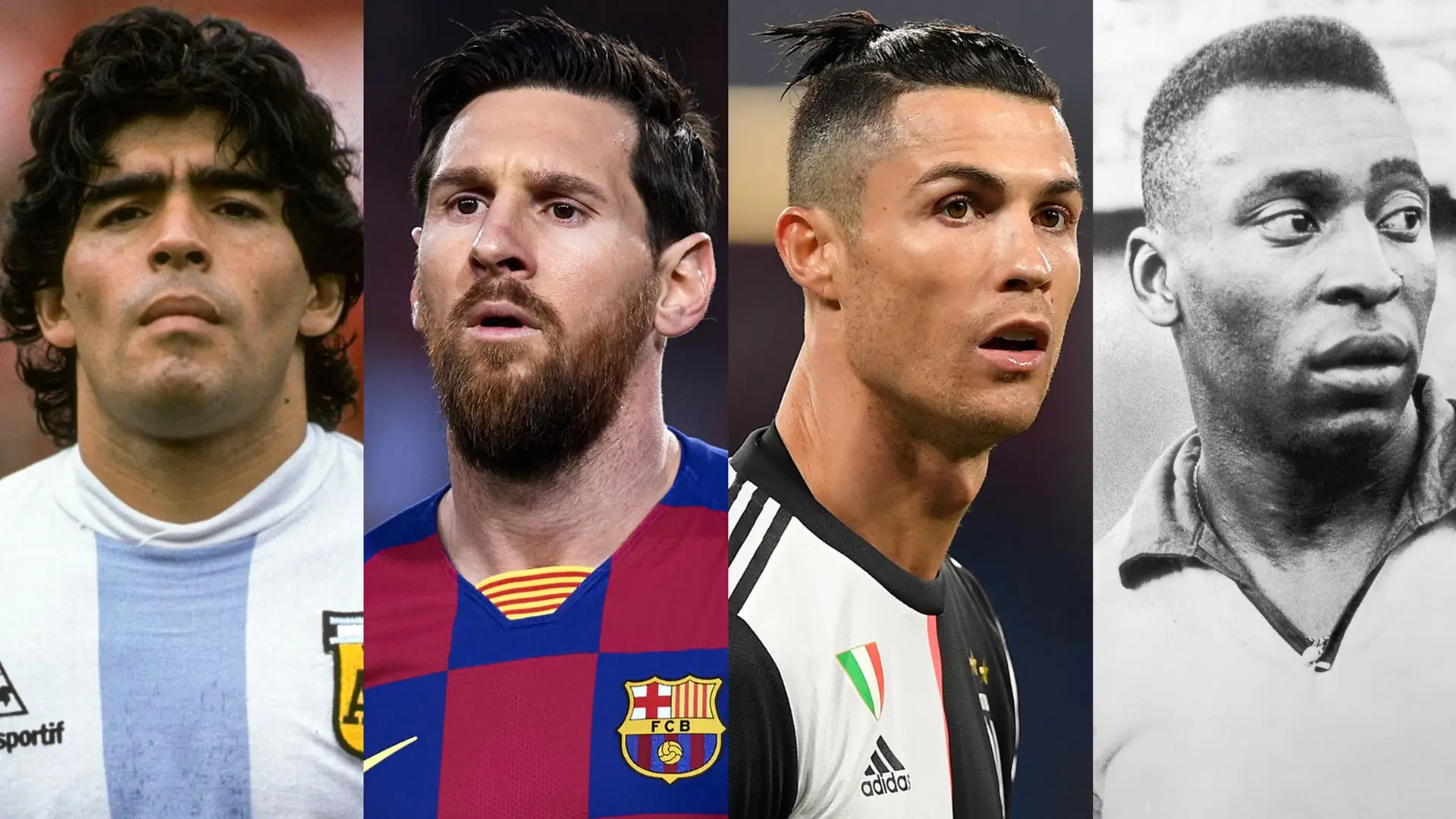
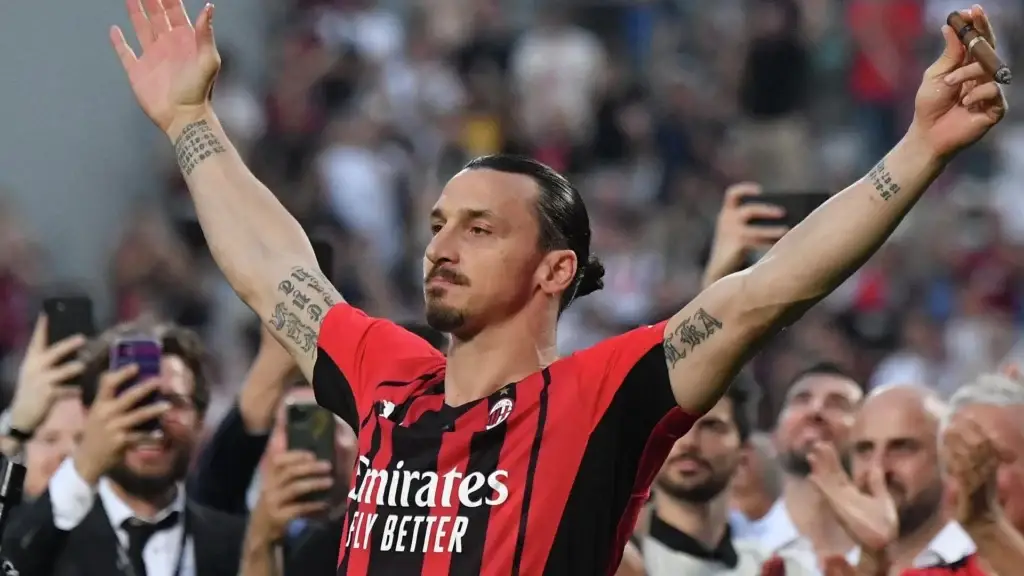 Zlatan Ibrahimovic is a true artist on the football pitch. He has won championships in the Netherlands, Italy, Spain, France and England and has left his mark on every club he has played for.
Zlatan Ibrahimovic is a true artist on the football pitch. He has won championships in the Netherlands, Italy, Spain, France and England and has left his mark on every club he has played for.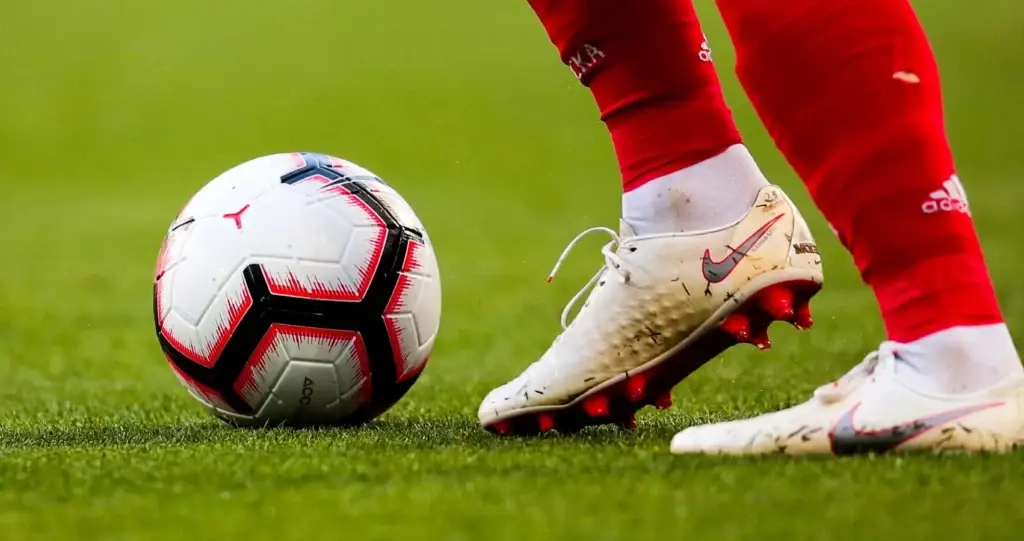 Each of these great athletes is unique in their own way, but what they all have in common is an incredible love of the game, a passion for excellence and the ability to inspire millions. The greatest footballers in history are those who not only won trophies, but also created moments that will be remembered forever.
Each of these great athletes is unique in their own way, but what they all have in common is an incredible love of the game, a passion for excellence and the ability to inspire millions. The greatest footballers in history are those who not only won trophies, but also created moments that will be remembered forever.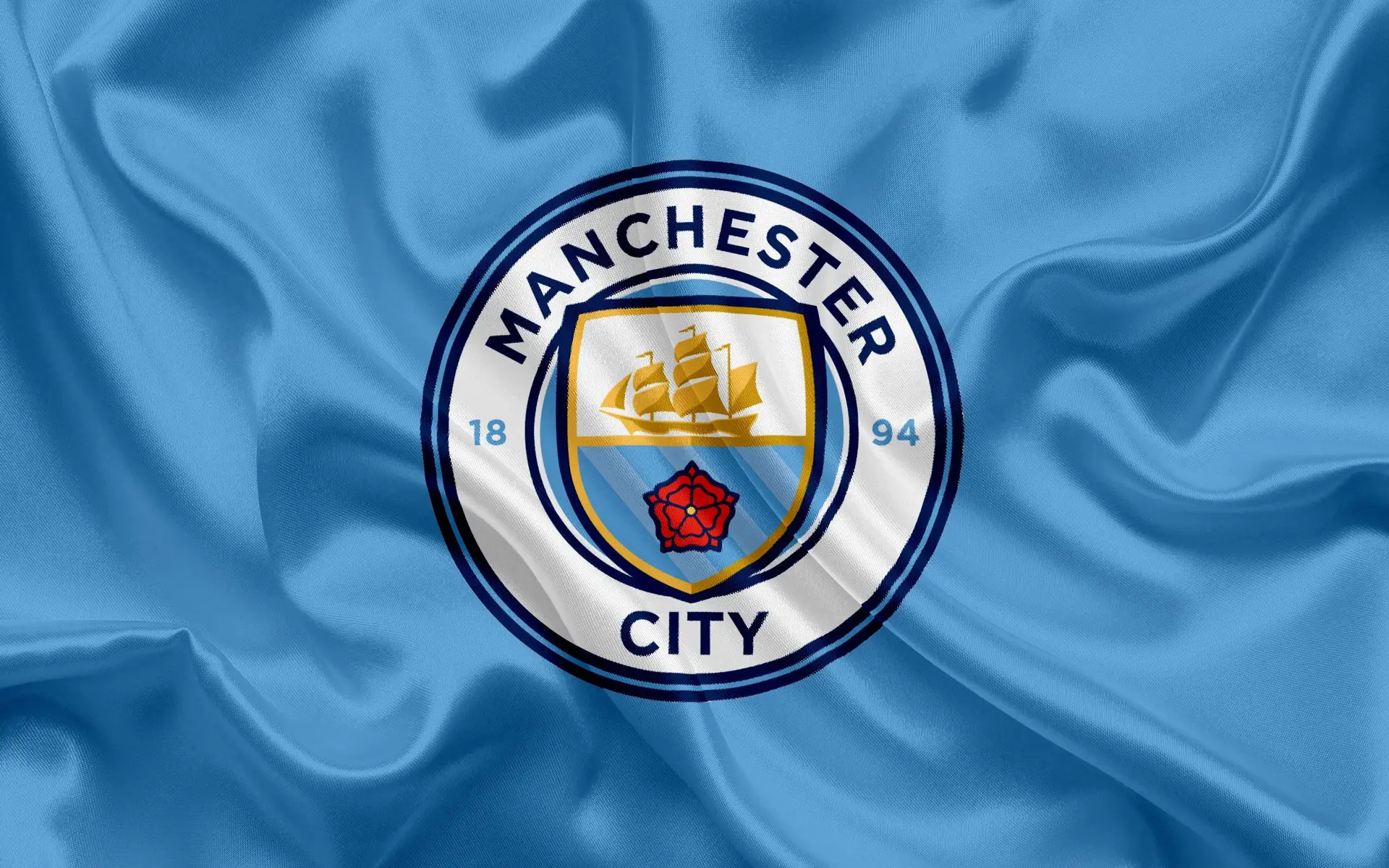
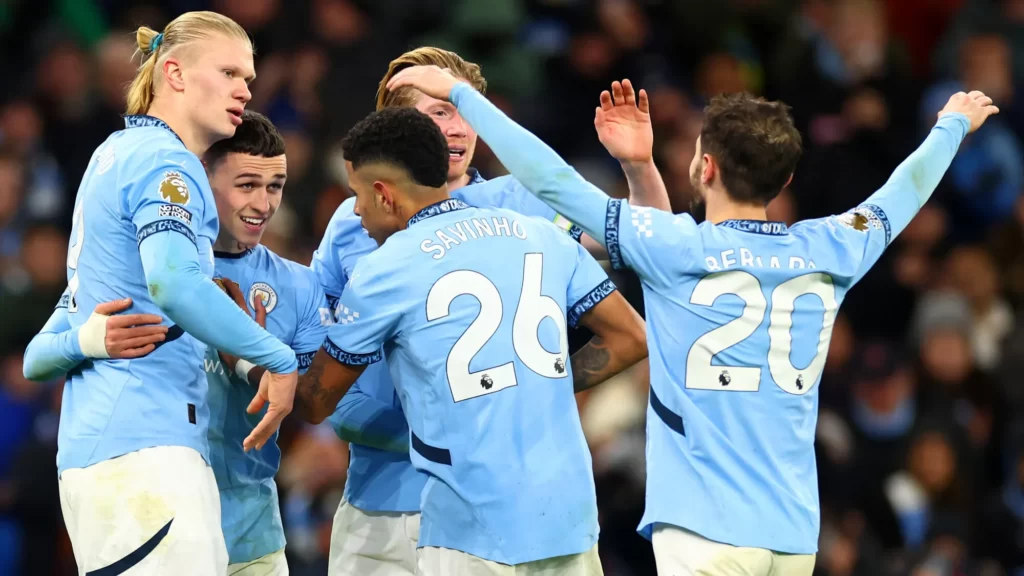 Manchester City’s managers have always played a key role in the club’s success. Roberto Mancini, who took over the team in 2009 and laid the foundations for future victories, has a special place among them. It was he who instilled discipline and a systematic approach to the team, which helped them win the Premier League three years later.
Manchester City’s managers have always played a key role in the club’s success. Roberto Mancini, who took over the team in 2009 and laid the foundations for future victories, has a special place among them. It was he who instilled discipline and a systematic approach to the team, which helped them win the Premier League three years later.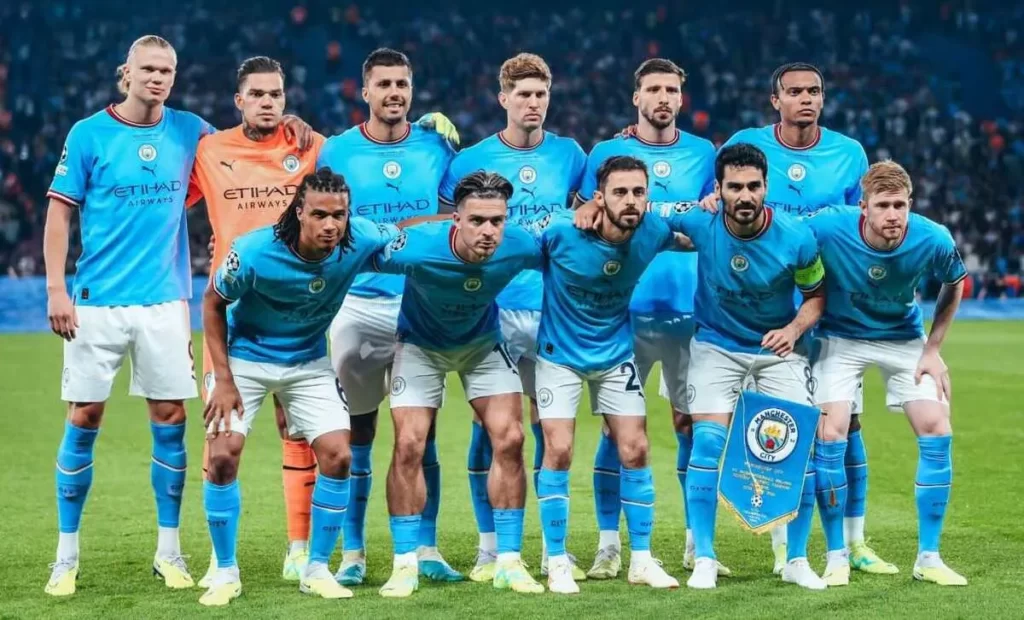 Manchester City’s leadership is not only the result of the professionalism of the coaches and the skill of the players, but also the tremendous passion that every member of the team brings to the job. This club doesn’t just win games – it inspires millions of people around the world with its commitment to excellence and unwavering belief in its own strengths.
Manchester City’s leadership is not only the result of the professionalism of the coaches and the skill of the players, but also the tremendous passion that every member of the team brings to the job. This club doesn’t just win games – it inspires millions of people around the world with its commitment to excellence and unwavering belief in its own strengths.
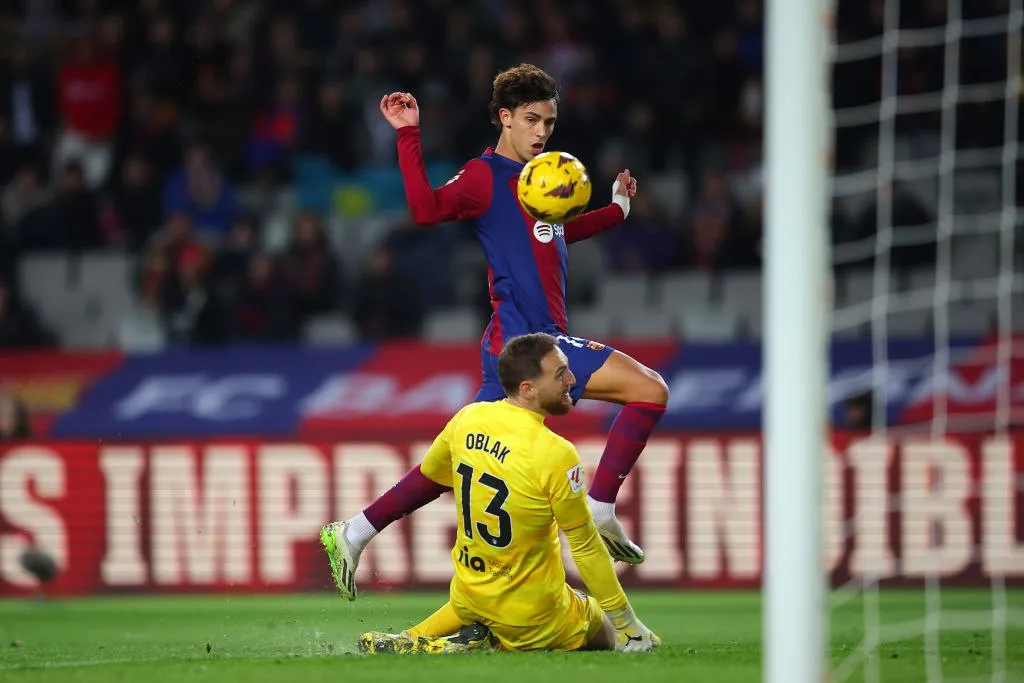 The tournament plays a crucial role in shaping world football and has a profound impact on players, coaches and millions of fans around the world.
The tournament plays a crucial role in shaping world football and has a profound impact on players, coaches and millions of fans around the world.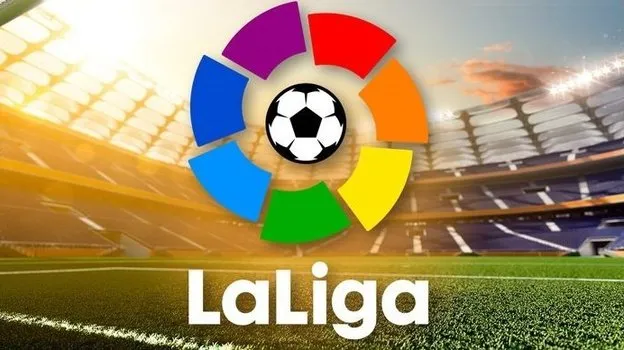 La Liga is not just a football championship, but an entire era that continues to this day. The biggest stars, legendary coaches and incredible matches – the story is not over yet. Every season brings new emotions, records and legendary players. Follow La Liga because it is always ready to surprise you and give you unforgettable moments.
La Liga is not just a football championship, but an entire era that continues to this day. The biggest stars, legendary coaches and incredible matches – the story is not over yet. Every season brings new emotions, records and legendary players. Follow La Liga because it is always ready to surprise you and give you unforgettable moments.





